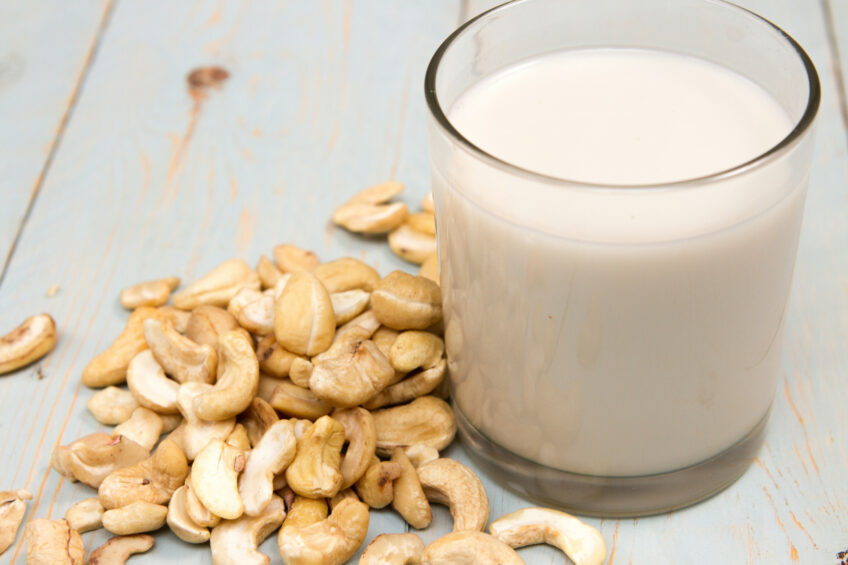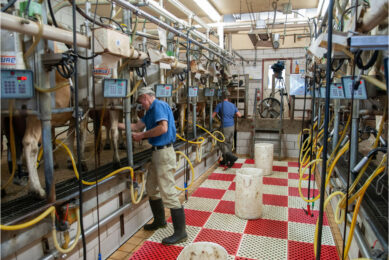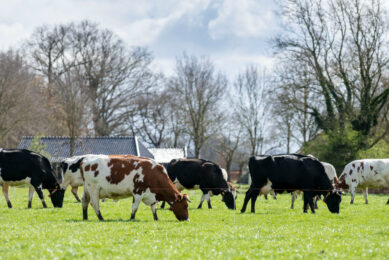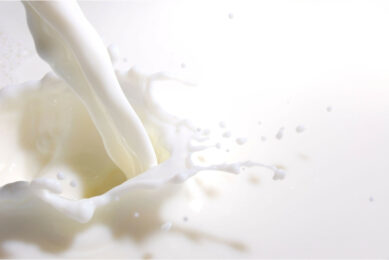Comparing dairy and non-dairy milk types

Plant-based milk has gained considerable attention, but its high nutritional variation has highlighted the need for improved formulation designs to enhance its quality.
Among plant-based products, plant-based milk stands out as a potential alternative for people seeking non-dairy products, especially for those intolerant to lactose and/or allergic to cow milk proteins.
Nutritional properties of cow’s milk vs plant-based milk
Researchers from the University of Rio de Janeiro in Brazil recently carried out a study that aimed to nutritionally compare cow’s milk with plant-based milk produced from hazelnuts, Brazil nuts, cashew nuts, soybeans, and sunflower seeds and also to perform physicochemical and technological characterisation.
The plant-based milk produced with isolated grains showed a nutritional composition inferior to that of cow’s milk in almost all evaluated parameters, protein content (up to 1.1 g 100 g−1), lipids (up to 2.7 g 100 g−1), colour parameters, minerals, and especially calcium (up to 62.4 mg L−1), which were originally high in cow’s milk (up to 1030 mg L−1).
Blend composition of plant-based milk
However, the plant-based milk designed using a blend composition was able to promote nutritional enhancement in terms of minerals, especially iron and magnesium, high-quality lipids (up to 3.6 g 100 g−1), and carbohydrates (3.4 g 100 g−1 using cashew nuts, Brazil nuts, and soybeans).
The protein content was 1.3% compared to 5.7 in cow’s milk, and the caloric value of plant-based milk remained 32.8 at 52.1 kcal, similar to cow’s milk. Satisfactory aspects were observed regarding the shelf life, especially related to microbiological stability during 11 days of storage at 4°C. For the designed plant-based milk to be equivalent to cow’s milk, further exploration for optimising the blends used to achieve better combinations is required.
The researchers also say that analysing possible fortification and preservation methods to increase shelf life and meet the nutritional and sensory needs of the public would be interesting.
The study, ‘A comparative study of dairy and non-dairy types: development and characterisation of customised plant-based milk options’ has been published in Functionality and Food Applications of Plant Proteins.
Join 13,000+ subscribers
Subscribe to our newsletter to stay updated about all the need-to-know content in the dairy sector, two times a week.










